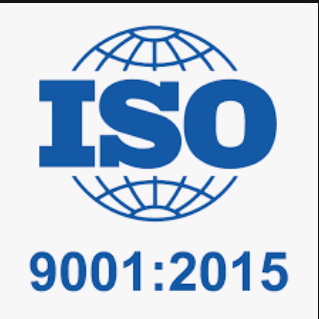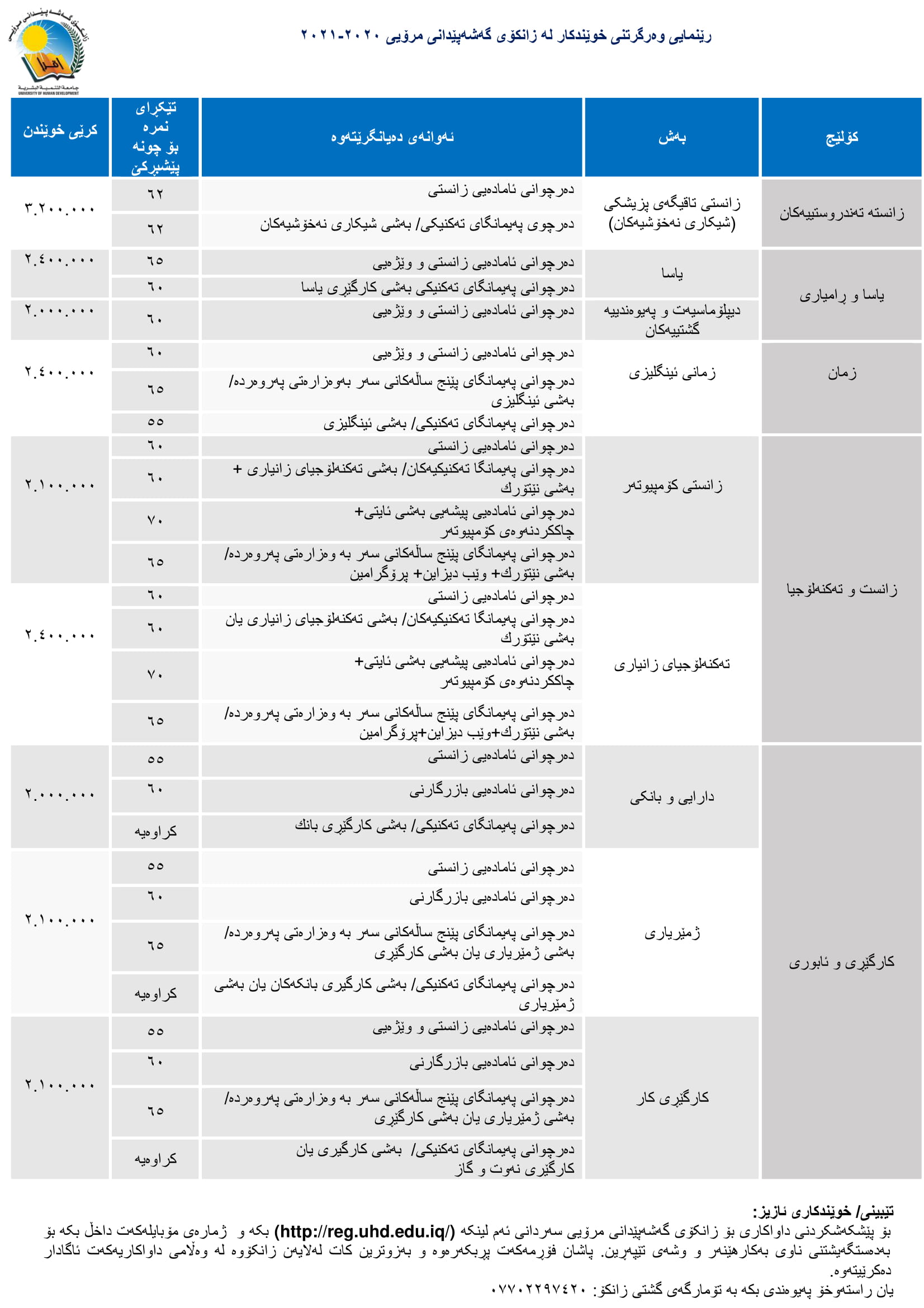College of Law and Politics convenes a seminar on 'The meaning of nationhood'
Trump 2.0 and America's New Middle East Foreign Policy
2024-11-10
In a panel organised by the College of Law and Politics at
the University of Human Development on 10th November, Dr Salam Abdulqadir
Abdulrahman and Asst Prof. Mr Kardo Kareem Rasheed discussed possible scenarios
for the new U.S. foreign policy under president-elect Donald Trump. The panel
moderator was Dr Asos Namiq Brakhas, a lecturer in the Law Department. The importance of the subject arises from the fact that the
U.S. has significant influence in the Middle East, and a change of the U.S.
president generally means a change in policy. Dr Salam Abdulrahman began by stating that social sciences,
including Politics and International Relations, are not designed to predict
behaviour. They are meant to broaden our understanding of reality and guide us
toward future policy. They will help us expand our horizons and view the world
in a more positive light, so no one, including the highest levels of the U.S.
government, can say for certain what Trump will do after he takes office in
January 2025. He noted that Trump seeks unprecedented power without checks,
which could be dangerous for democracy both in the U.S. and beyond. Regarding the Middle East, Dr Abdulrahman mentioned that
Trump's immediate concerns would be Israel, Iran, and Saudi Arabia. Concerning
Israel, President Trump will support it more than any previous president,
allowing it to achieve its security and political goals. However, the fact that
Trump has referred to himself on numerous occasions as a 'dealmaker' and
'peacemaker' indicates that he would not wish for the war in Gaza and Lebanon
to persist. He will seek some form of ceasefire and resolution. Concerning Saudi Arabia and other Arab Gulf states, Trump
would prefer to see them engage less and less in business with China. U.S. and
Saudi Arabian relations will continue to develop, but this time more through
interpersonal relationships. However, this is not good news, as it puts the
principles of transparency and accountability at risk, allowing corruption in
business dealings. Regarding Iran, Dr Salam Abdulrahman mentioned two
possibilities: the first is very likely to happen, which would involve putting
maximum pressure on Iran to make more concessions and further weaken its
government. The other possibility is that a deal will be reached between Iran
and the US, as Iran is a Russian ally, and since Trump would be eager to
resolve issues with Russia over Ukraine, Iran would benefit from the agreement
and achieve a form of rapprochement with the US. Concerning Iraq in particular, Asst Prof. Mr Kardo Rasheed
explored the importance of oil for the US, quoting Trump as saying, ‘There is
no Iraq, only oil.’ He stated that the relationship would continue as long as
Iraq possesses oil, and Iraq will have oil for a considerable time to come.
However, the issue of controlling armed groups that threaten Israel is
significant. Iraq, he emphasised, must control these groups; otherwise, the
United States under Trump will never tolerate threats to Israel, and it has
many ways to pressure Iraq, including sanctions on its banks and reducing the
flow of dollars into Iraq. Iraq would have much to lose if it continues to
disregard Israel's security concerns, and it must have greater independence in
its decision-making. A notable number of lecturers and students attended the
panel, contributing to the discussion through their questions and comments.


